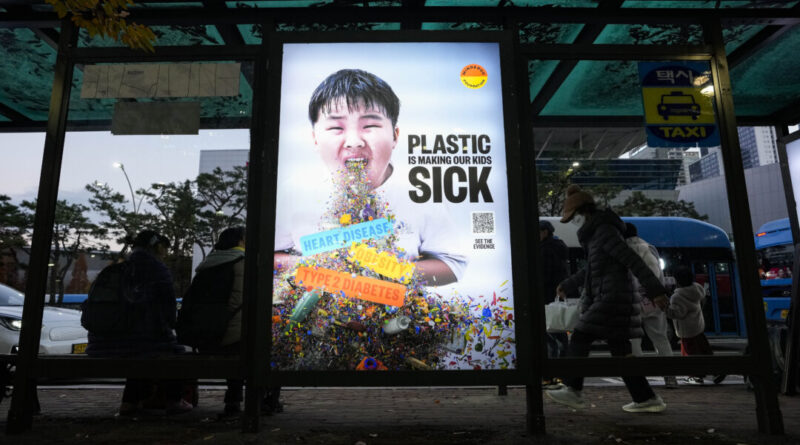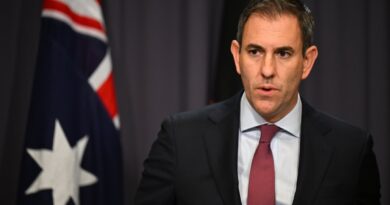UN Treaty Talks Fail to Reach Agreement on Plastic Pollution Among Countries
The summit in Busan, South Korea, was expected to be the final gathering of its kind, but an agreement on the content could not be reached.
Negotiations for a global treaty to address plastic pollution collapsed on Dec. 2 when oil-producing countries blocked a plan to cap production, supported by over 100 nations.
The summit, meant to be the final one, failed as some countries were only willing to address plastic waste without imposing global production caps.
Delegates decided to postpone major decisions until a future date to reconvene.
“There is still a significant gap in viewpoints,” noted U.N. Environment Programme Executive Director Inger Andersen.
Panama’s proposal for a global plastic production reduction target, supported by over 100 countries, was not adopted.
Another proposal without production caps also did not pass. Every nation must agree for a proposal to be included in the treaty.
The divisions were outlined in a revised document released on Sunday by Luis Vayas Valdivieso, the Ecuadorian chair of the meeting.
He highlighted issues such as capping plastic production, managing plastic products and chemicals, and financing for developing nations as sources of friction.
Rwanda’s Environment Management Authority director general, Juliet Kabera, emphasized that a treaty relying solely on voluntary measures would not suffice.
“It is critical that we negotiate a treaty that is effective and not destined to fail,” Kabera stressed.
Several nations heavily reliant on fossil fuels, including Saudi Arabia, Russia, Iran, Kuwait, and India, opposed efforts to limit plastic production and employed procedural tactics to hinder discussions.
Saudi delegate Abdulrahman Al Gwaiz claimed that there was never a consensus.
“Some articles that were not within the scope somehow made it into the document despite our repeated objections,” Gwaiz added.
South Korean Foreign Affairs Minister Cho Tae-yul acknowledged the lack of an agreed treaty but highlighted the progress made towards a unified approach to plastic pollution.
In 2023, China, the United States, India, South Korea, and Saudi Arabia were the top five primary polymer-producing countries, as per Eunomia.
Reuters contributed to this report.





